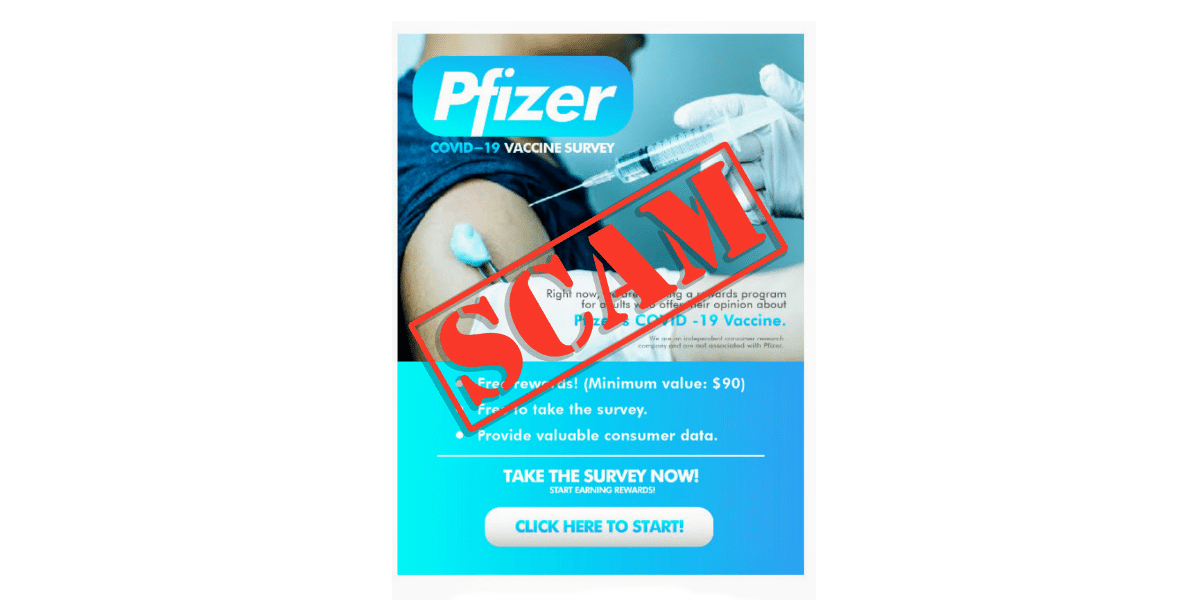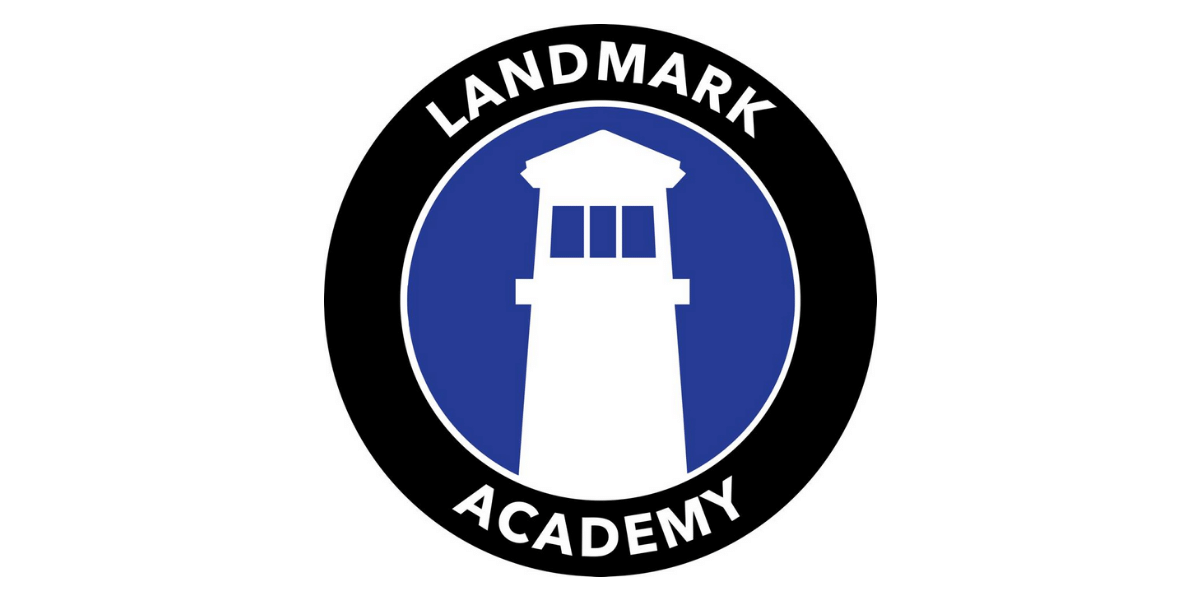Op-Ed from Dr. Mercatante – Let’s Get to Work
St. Clair County, MI — With the alarming surge in COVID-19 cases in recent weeks, we are left with only a few options in how we can respond: (a) ignore it and take your chances (not advisable), (b) panic and make up our own rules, or (c) follow evidence-based guidance. I hope you are all in line with option “c”. I understand how difficult it is to keep up with the latest science and recommendations so here is what we know at this point:
- Masks: They work …they really do. Wear one all the time in public and at home if you are with vulnerable people who are unvaccinated.
- Physical Distance: The virus cannot fly or move on its own…it hitches a ride on respiratory droplets that can only go so far to water droplets that can only go so far. Distance is your friend.
- Handwashing/Sanitation: This germ dies with soap and water.
- Stay Home if Sick: Isolate for 10 days if you know, or think, you have COVID19. Before you go out again, make sure 10 days has passed AND you are feeling better. The SARSCov2 virus can be transmitted up to 48 hours before you get sick and even if you are not having symptoms (tested positive only).
- Testing: Regular testing helps everyone. By no means is it perfect, but frequent testing can reduce the time people go out while infected and help us at the Health Department identify where the outbreaks are. Choosing NOT to test does not eliminate the risk…it just prevents people from knowing.
- Quarantine: A basic tenet of public health that has been used for centuries to control the spread of infectious disease. Quarantine means staying away from other people after an exposure to someone who is sick or has tested positive for COVID-19, which ensures you do not unwittingly pass it on. The SCCHD is advising those exposed to complete a full 14-day quarantine period due to high rates of transmission and a growing number of variant cases. Remember, testing at any time does not alter your quarantine time. The 7-day option (with testing) has NOT been adopted by MDHHS nor SCCHD and should not be considered at this time of elevated risk.
And finally, vaccines. Those that are currently available are safe and effective. Get the first one that is available to you. The sooner we disrupt the transmission of this virus, the sooner we can spend more time with the people we love and do the things we want to do. Vaccines protect the community even more than they protect you so I urge everyone to make a plan to get vaccinated when you are eligible and to continue employing all the mitigation strategies outlined above until we reach herd immunity.
That’s a lot to take in, but much more likely to work than doing nothing or doing the wrong thing. It’s going to take everyone doing their part to beat this virus…let’s get to work!
Yours in Health,
Annette Mercatante, MD, MPH
Medical Health Officer
St. Clair County Health Department







